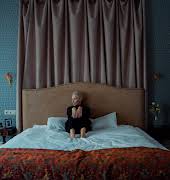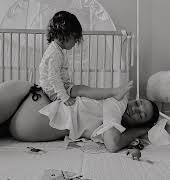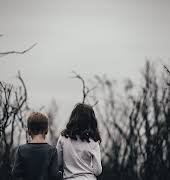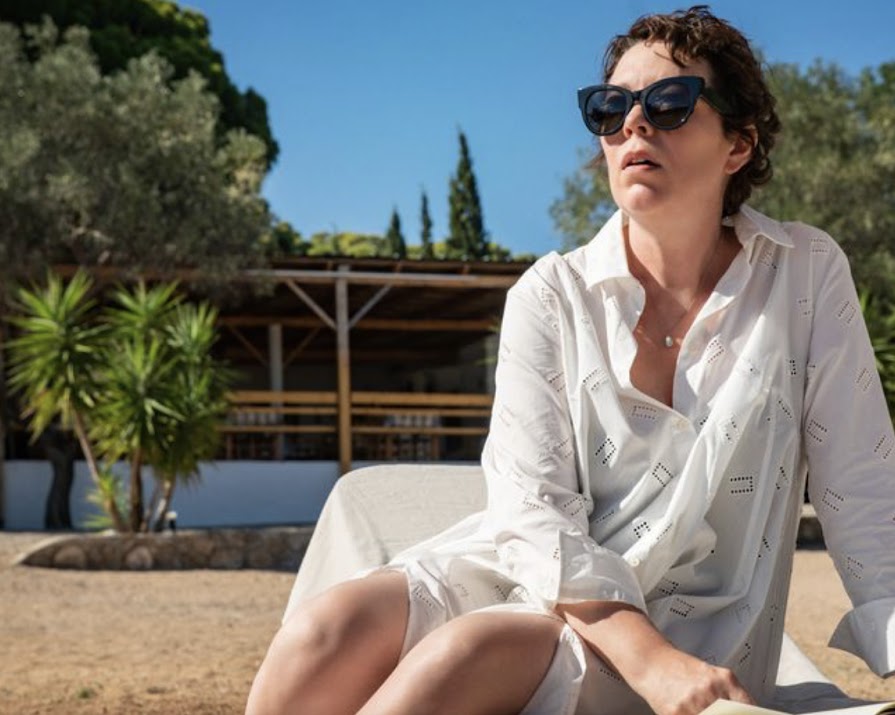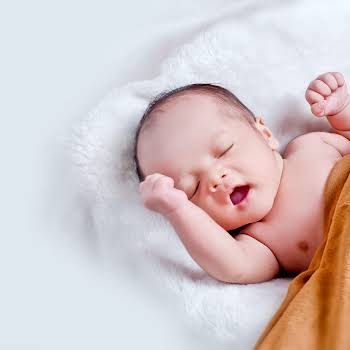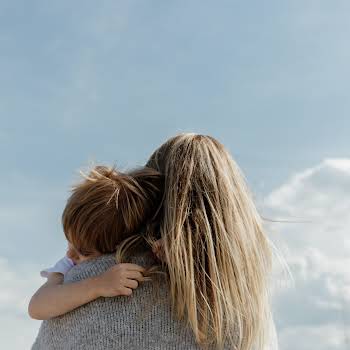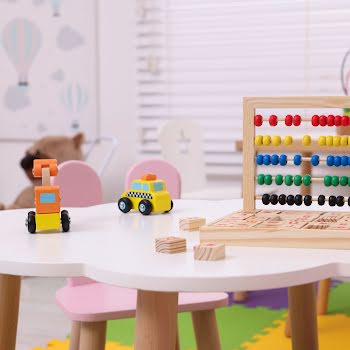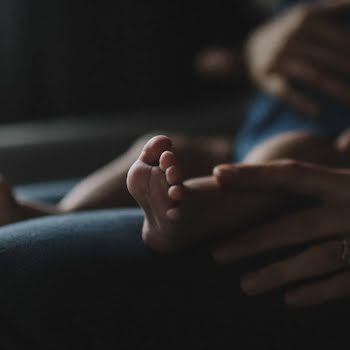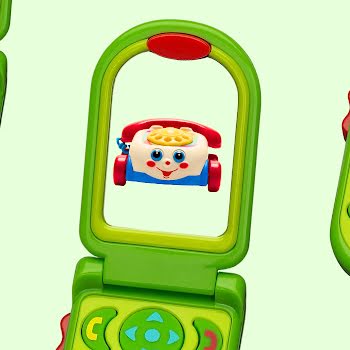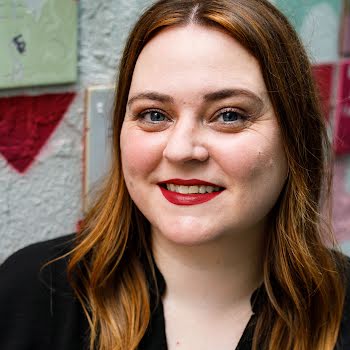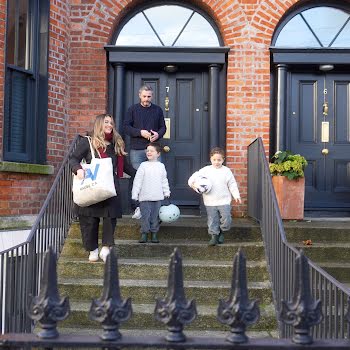
‘A crushing responsibility’: The Lost Daughter is a masterpiece on the complexities of motherhood
By Amanda Cassidy
10th Jan 2022
10th Jan 2022
Directed by Maggie Gyllenhaal, The Lost Daughter confronts one of the biggest taboos of motherhood.
It’s the unspoken, the whispered, the never-say-it-aloud truth that nobody has touched on screen, until now. In fact, this isn’t something we ever talk about, but perhaps we should start.
The truth is that motherhood doesn’t come naturally for some women and the shame and guilt that accompanies that is a slow burning pain that Maggie Gyllenhaal confronts in her debut directorial movie.
Taboo
The Lost Daughter, a Netflix film, stars Olivia Colman as a 48-year-old language professor called Leda Caruso who arrives on a Greek Island on a working holiday.
Advertisement
But there is a seemingly sinister past – Colman is seen in her youth, playing with her two daughters, then, later struggling to work and care for them. She rebuffs them, sometimes lashes out at them and eventually admits leaving them when she embarks on an affair.
It’s clear that a young Leda has no outlet for herself and there are times admittedly during the movie that paints a familiar picture – the relentlessness of motherhood, the shame of rejecting the near-constant demands put on us by small children.
It is an uncomfortable experience that threads through that touchable taboo – A selfish, “unnatural” mother – who does not enjoy her role, who begrudges and yes, even resents her children.
Maternal experiences
A faithful adaptation of the 2006 novel by Elena Ferrante, this film gets in between the lines of what society expects when it comes to parenting. Of course, we know maternal cruelty is wrong, yet what about maternal ambivalence? What if you don’t love your child the way in the all-consuming way you are supposed to.
All-consuming love means there is nothing left, after all. And the rare voices that contradict the cultural myth of perfect mothering are often dismissed as cold unfeeling women. Selfish.
“I felt their gazes longing to tame me” Leda says in the novel. “But more brilliant was the brightness of life outside them, new colours, new bodies, new intelligence, a language to possess finally as if it were my true language, and nothing, nothing that seemed to me reconcilable with that domestic space from which they stared at me in expectation.”
Advertisement
In Greece, as Leda observes another mother – a young American by the name of Nina fielding the demands of her daughter, we feel the paralells between Nina’s life and Leda’s. But then Leda steals the child’s doll – an impulsive move that leave viewers questioning Leda’s past.
At one stage, Leda tells Nina’s pregnant sister in law that motherhood is a “a crushing responsibility”.
Relentlessness
And that’s the crux of why this starkly observed film has resonated with so many. It charts the brutality of always being needed, the never-ending responsibility that can suffocate.
The Lost Daughter is the result of what happens when you do try to escape that crushing responsibility, however temporarily (Leda admits she left her children and returned three years later).
And the truth is that you can’t. Not really. It can flatten you no matter which way you cut it up. Most of us won’t walk away from our children, but what we can relate to here are the complexities of childrearing and the refreshing portrayal of that complexity both on screen and on a page.
Image via Netflix
Advertisement



